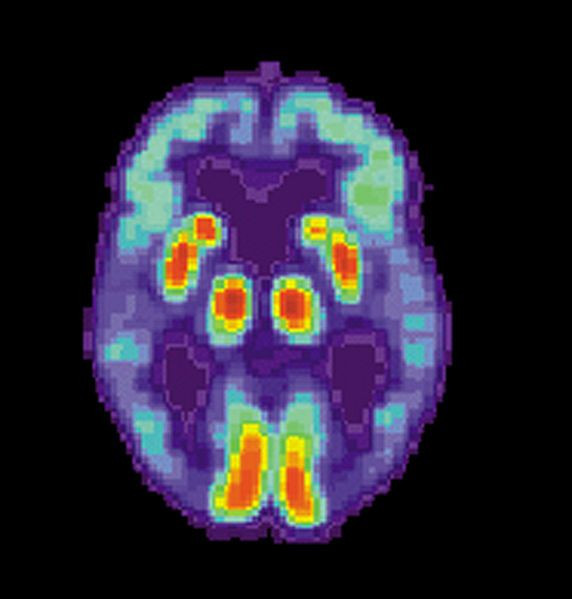Educated People Still At Risk Of Developing Alzheimer’s, Researchers Say

The conventional wisdom is that people who continue their education throughout their lives have a lower risk of developing Alzheimer's disease. But there are a number of studies out there that contradict this notion, leaving the layman to wonder where the truth lies.
Alzheimer's disease is the most common form of dementia and is primarily characterized by progressive memory loss. It’s been argued that a high level of education is supposed to boost a person's “cognitive reserve,” which refers to the brain's ability to preserve and maintain cognitive function despite any damage.
Scientists know a high cognitive reserve should act as a safeguard against cognitive impairment that can occur naturally as a person grows old. The question now is if this cognitive reserve bolstered by a higher level of education can really be effective in preventing or slowing down the development of Alzheimer's disease.
Unfortunately, the answer is no. But this conclusion comes with caveats.
New research has found no link between a person's cognitive reserve in midlife and a lower risk of developing Alzheimer's disease. The study published in the Journal of Alzheimer's Disease that came to this conclusion was conducted by Dr. Rebecca Gottesman, from The Johns Hopkins University School of Medicine in Maryland, and her colleagues.
The good news for those with a higher education is the study confirms these people might remain cognitively functional for longer, purely thanks to the fact their high cognitive reserve takes longer to become depleted.
"Our data suggest that more education seems to play a role as a form of cognitive reserve that helps people do better at baseline, but it doesn't affect one's actual level of decline,” said Gottesman.
"This makes studies tricky because someone who has good education may be less likely to show a benefit of an experimental treatment because they are already doing well.”
Researchers also wanted to point out their study only looked at associations and not cause and effect relationships.
"Our study was designed to look for trends, not prove cause and effect," Gottesman explained. "The major implication of our study is that exposure to education and better cognitive performance when you're younger can help preserve cognitive function for a while, even if it's unlikely to change the course of the (Alzheimer’s) disease."
Published by Medicaldaily.com



























